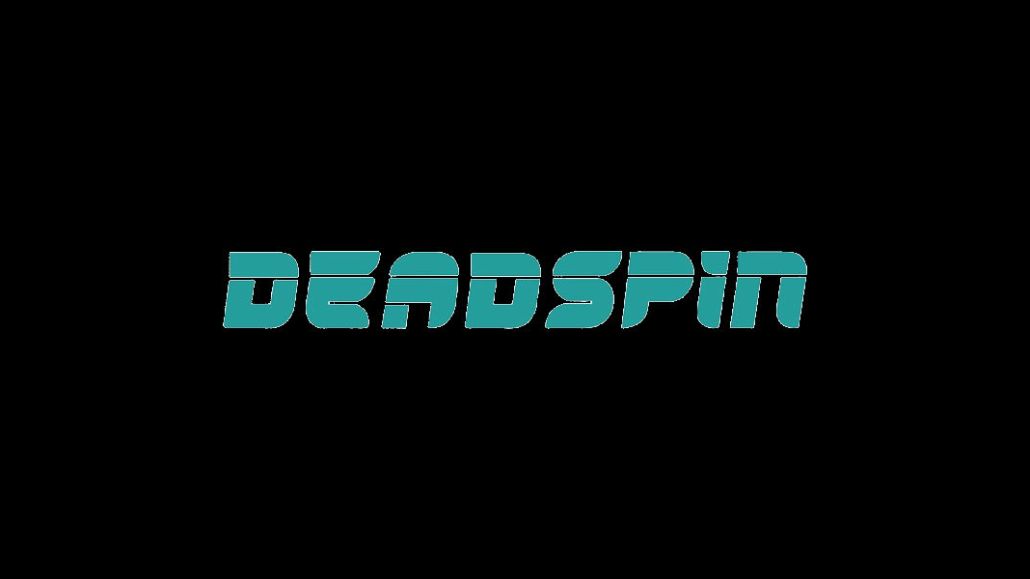Secure your place at the Digiday Media Buying Summit in Nashville, March 2-4
‘Deadspin’s too good a site to let it die’: A Q&A with new Deadspin editor-in-chief Jim Rich

Deadspin has a new face.
G/O Media announced on Thursday that Jim Rich, a Pulitzer Prize-winning editor who had been serving as editor-at-large of U.K. publisher SWNS, will head G/O’s sports site. Previously he served as the editor of New York Daily News. He starts his new job on Monday.
Deadspin has basically been a ghost site since last fall, when its staff resigned en masse after then editor in chief Barry Petchesky’s firing.
The announcement comes just days after G/O announced it was moving Deadspin into a separate corporate structure operated by the Onion, which G/O also owns, after high-stakes negotiations with the G/O Media union broke down.
Digiday spoke with Rich by phone. The interview has been edited and condensed.
How did you wind up in this job? Who reached out to whom?
G/O reached out to me sometime toward the end of November. After the initial drama of the walkout, I guess they started looking for an editor to try to relaunch. I watched everything unfold at the beginning of October. I had questions in some of those conversations, and the answers I got were all the ones I wanted to hear. That led me to believe that I was going to be able to come in here and do the kind of journalism I’ve always done.
What were those questions you had?
Just about editorial control, the “stick to sports” stuff. I felt comfortable that I would not be constrained as the person spearheading this site moving forward.
After I felt good about that, I thought, Deadspin’s too good a site to let it die completely. It’s a terrible situation that I’m walking into, as far as how it went down with the previous staff. But I completely appreciate where they’re coming from.
In many ways, the old Deadspin was defined by a certain kind of personality. What kind of personality do you expect Deadspin to have?
The one thing that’s not going to change is we’re going to tackle topics and issues and the big entities the same way that Deadspin always has, which is unapologetically and fearlessly … where you don’t shy away from some of the more uncomfortable aspects of a particular issue the way that other publications do.
I’ve pretty much made my career on being a straight shooter and somebody who doesn’t look to curry favor or apologize to anyone for the coverage decisions I make. I like to think I’ve been an honest and fair journalist in my career, so we’re going to bring that to the table as well.
Beyond that, I don’t think there’s any limit to what we can do or the types of stories we can do.
Are you worried about being able to attract reporters?
There are going to be people who are upset that I’m taking this job. And there are people who are going to be upset that anybody takes any job here. I can understand that. The only thing I can do is put out the best work that we can, and hopefully that attracts and satisfies enough people.
I’m not going to come in here and try to duplicate what Deadspin has been or what other editors have done because that’s a fool’s task. I can only come in here and be the editor that I have been.
Have you turned Twitter notifications off on your phone yet?
No, that stuff doesn’t bother me too much. I understand where all of it is coming from, and I don’t take any of it personally.
Are you going to be responsible for reintroducing the brand to advertisers?
My first priority and my main priority for the foreseeable future is restaffing. Without good, talented people, this isn’t going to happen. There’s no other conversation to have before we get that taken care of.
Do you have a timeline for when you’d like to get that taken care of?
I would have liked to [be] walking into a room full of staff. I would have preferred that we’d had this conversation in the second week of November and nobody had left. But if that’s not going to happen. I’d like to be fully staffed yesterday. I start Monday, and I’m going to be working as diligently as I can to get this going.
More in Media

From feeds to streets: How mega influencer Haley Baylee is diversifying beyond platform algorithms
Kalil is partnering with LinkNYC to take her social media content into the real world and the streets of NYC.

‘A brand trip’: How the creator economy showed up at this year’s Super Bowl
Super Bowl 2026 had more on-the-ground brand activations and creator participation than ever, showcasing how it’s become a massive IRL moment for the creator economy.

Media Briefing: Turning scraped content into paid assets — Amazon and Microsoft build AI marketplaces
Amazon plans an AI content marketplace to join Microsoft’s efforts and pay publishers — but it relies on AI com stop scraping for free.





